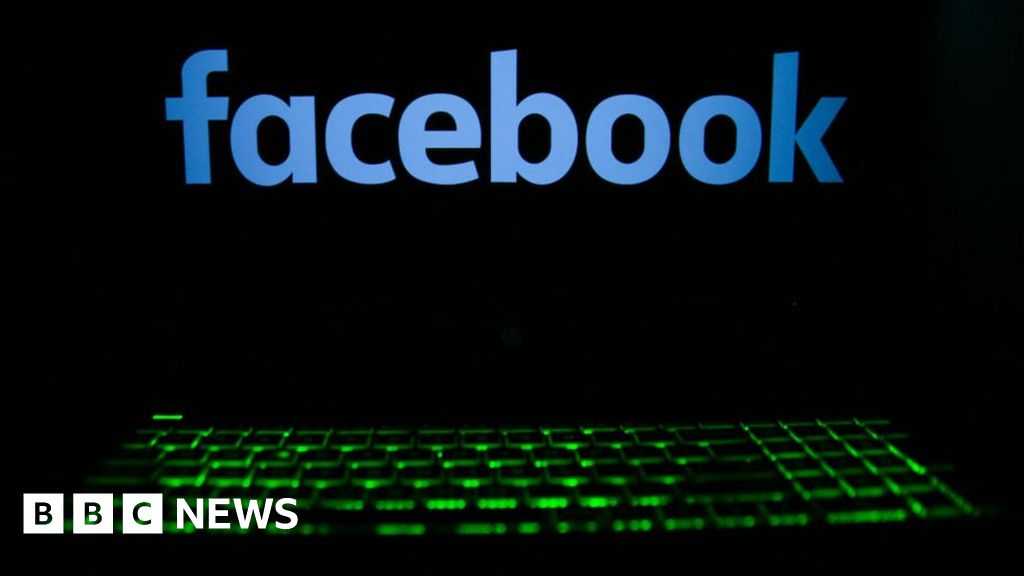Roger is a former entrepreneur who is now a general partner at Battery Ventures focusing on consumer-marketplace and software companies.
It may be hard to believe, but 25 years ago, the internet was something your weird nephew yapped about at Thanksgiving dinner. He logged onto Yahoo and read webpages with hyperlinks to other pages. No one “googled” anything — that hadn’t been invented. Nor had Facebook (or Myspace).
Now, of course, the ability to search, communicate and consume via the internet is integral to people’s daily lives. The internet has created immense wealth by enabling people to do things that were unimagined a quarter-century ago.
As a venture capital investor in consumer businesses, I believe we are now at the cusp of another similar technological breakthrough. Cryptocurrencies such as Bitcoin and Ethereum, and the blockchain on which they’re based, are poised to become as integral to daily life as the internet. At Thanksgiving this year, your nephew may discuss trading crypto. And in 25 years, the blockchain likely will have transformed people’s lives as fundamentally as the internet — and, I believe, spawned legions of new technology companies.
Specifically, I anticipate blockchain technology will change the world through its ability to tokenize a digital asset. Before your eyes glaze over, let me explain what that means.
What is blockchain?
MORE FOR YOU
A blockchain — there are many — is a digital, distributed ledger that is validated and stored by multiple decentralized sources simultaneously. Based on game theory and cryptography, blockchain technology allows users to record transactions using unique digital signatures. These transactions are saved to distributed computers called nodes. Each node validates the transactions and aggregates the valid transactions into blocks. Nodes then broadcast the blocks to each other, using a consensus protocol to agree among all the nodes on the network that these are true. The true block is then “chained” to the prior block.
Adding a new block involves a huge amount of work to solve the complex mathematical problems that validate the information’s authenticity. To cite one instance, the total median annual electrical usage of Bitcoin “mining” computers is estimated to exceed the yearly power usage of Argentina. Bitcoin will need to reduce its tremendous energy consumption and climate impact to continue to scale.
That (big) caveat aside, blockchain technology offers two capabilities that I think will transform the world and create tremendous market value: proving provenance and immutability. That is, the blockchain records who owns something in a way that’s virtually unchangeable.
Watch for these three transformative impacts of the blockchain.
An early example of the internet’s transformational power came in 1994, when someone bought a Sting CD in what the New York Times called the first e-commerce transaction, via NetMarket, a company I co-founded. I see the first glimmers of the blockchain’s transformative impact on the consumer and business worlds in three ways: the monetization of digital content, smart contracts and the disintermediation of the financial world.
1. Monetization of digital content: Non-fungible tokens (NFTs) are unique files that live on a blockchain and verify the ownership (the provenance) of a digital asset, such as a Beeple image, a song or the digital items in video games. One source of wealth creation through NFTs may be these stores of digital items — wands, shields and other power-enhancements for avatars — that online gamers acquire. According to a survey of over 2,000 consumers cited by GamesBeat in December, while playing games, 24% of gamers said they’d purchased virtual items, spending an annual average of $168, and 63% said they would spend more if these goods had real-world value. Currently, this wealth is locked up in their accounts, but by proving ownership, NFTs could facilitate a platform where such items could be traded or sold.
2. Adoption of smart contracts: Blockchain makes it possible to use “smart” or self-executing contracts. A contract is written as code into a public blockchain. When the terms are met, the contract executes itself by sending the agreed-upon payment or item (a ticket, deed, vehicle registration, etc.) to the appropriate party. The contract is unchangeable without consent from both sides and enforced by the full power of the blockchain. Among other applications, the IFC is studying how blockchain can create sustainable supply chains in emerging markets; the Indian state of Andhra Pradesh is adopting blockchain to track land ownership. Reliable land records are transformative for development because they allow property to be sold or leased for anything from cellphone towers to bodegas.
3. Disintermediation: By linking parties around the globe reliably, a blockchain can disintermediate the world. Cryptocurrencies themselves are based on disintermediation: Unlike “fiat” currencies such as the euro or yen, cryptocurrencies aren’t issued by any government entity and are instead verified only by the blockchain itself. Smart contracts remove the need for lawyers because the contract regulates itself. Similarly, loans registered on a blockchain would be agreed upon anonymously and resolved automatically, without tedious paper signing. If you wanted to purchase a vehicle, you’d research it online. It would come to you for a test ride. You’d compare online rates for financing and sign a smart contract. When the loan was paid off, the contract would self-terminate, and you would receive the title. No need to “talk with the manager.”
But habits die hard. Rather than eliminating realtors, for instance, Zillow and Redfin merely changed their jobs. With wider usage of blockchain technology, the roles of intermediaries may evolve, but some middlemen may disappear.
In sum: In my opinion, blockchain is something to be ignored at your own peril, akin to saying that “the internet is just a fad” in 1995. I believe blockchain is on the cusp of creating trillions of dollars in value, and savvy investors and entrepreneurs should take notice.
Battery Ventures provides investment advisory services solely to privately offered funds and neither solicits nor makes its services available to the public or other advisory clients. Nothing herein should be construed as investment advice. Content obtained from third-party sources, although believed reliable, has not been independently verified for accuracy or completeness and cannot be guaranteed.
Forbes Finance Council is an invitation-only organization for executives in successful accounting, financial planning and wealth management firms. Do I qualify?
Read More

/https://specials-images.forbesimg.com/imageserve/5efe1f20fba1e400070626b0/0x0.jpg)



